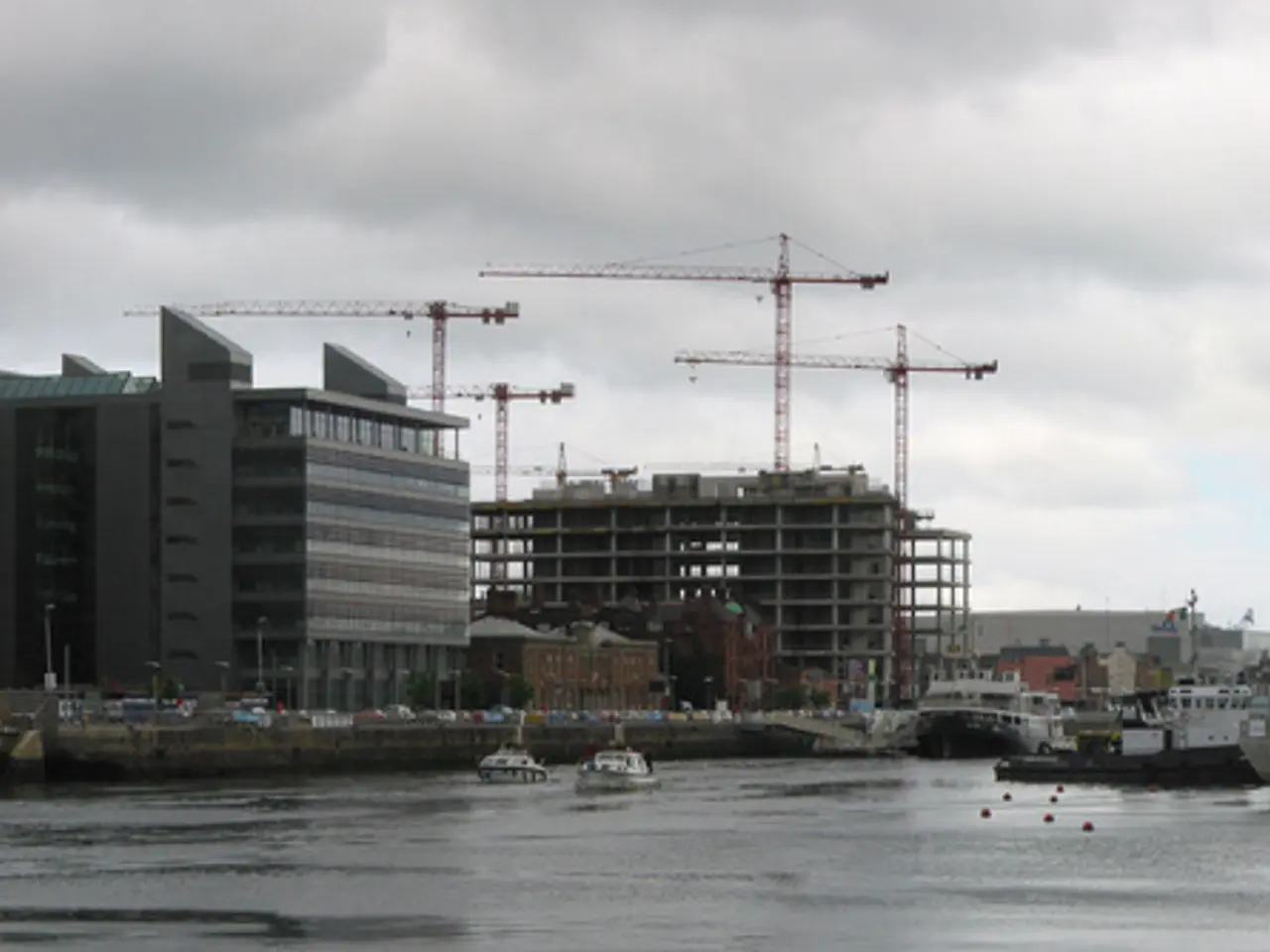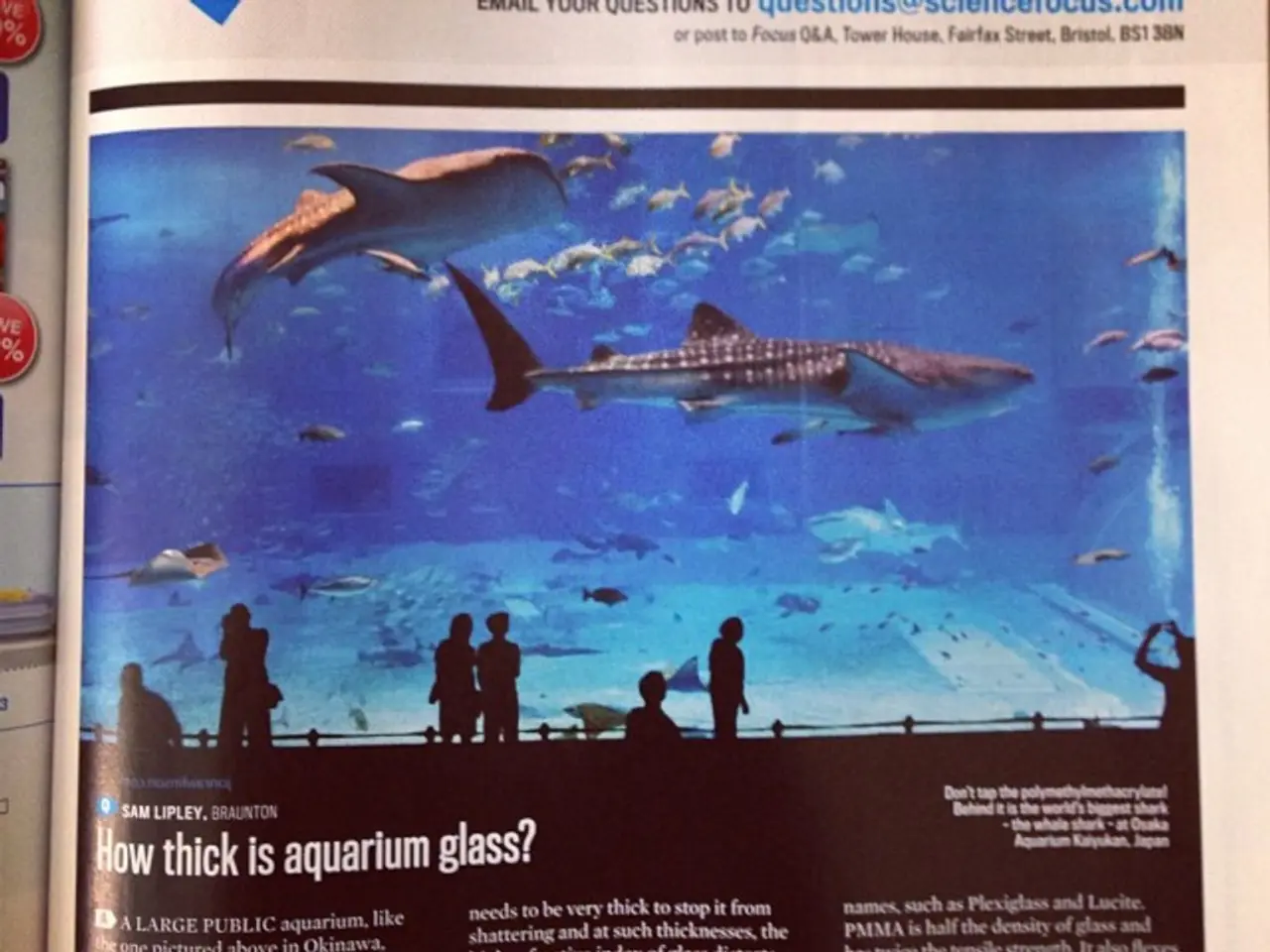CDU advocates for a river swimming spot in Hamburg
In the vibrant city of Hamburg, the Christian Democratic Union (CDU) in the Parliament is advocating for a revolutionary change – a river bath in either the Alster or Elbe. The proposal, spearheaded by Anke Frieling, urban development spokeswoman for the CDU faction, aims to make Hamburg's waters accessible for bathing, swimming, and enjoyment.
However, Hamburg faces several challenges in enabling river bathing due to water quality, tidal flow, port traffic, and the Elbe and Alster rivers' status as federal waterways. Nevertheless, political voices, particularly from the CDU party, are pushing for the creation of a river swimming pool or public bathing area, proposing solutions such as filtration systems, safety concepts, and architectural designs to overcome these hurdles.
In comparison, cities like Copenhagen, Oslo, and Malmö in Scandinavia have successfully implemented public river or harbour bathing spots despite facing similar challenges with water quality and urban water use. These cities employ advanced water filtration and safety measures that allow safe bathing within the urban river environment, making their water bodies accessible not just for viewing but for recreational swimming.
Hamburg's current challenges include water quality concerns, which have prevented official public bathing areas since investigations as far back as 2015. Additionally, tidal fluctuations and heavy port traffic on the Elbe, as well as regulatory restrictions due to its status as a federal waterway, pose significant obstacles.
To tackle these challenges, Hamburg could potentially draw inspiration from Scandinavian models, mainly through technological interventions (filtration, water quality monitoring), architectural river pools or defined swimming zones, and balancing urban use with safety. The political push from some Hamburg parties signals growing awareness of the city's "wasted potential" for river swimming, though substantial environmental and regulatory challenges remain to be addressed.
Currently, Hamburg does have popular beach-like spots near the water, such as Övelgönne, but these are more for sunbathing and leisure rather than safe swimming in the river itself. Other European cities like Paris have recently reintroduced swimming zones in urban rivers, emphasizing growing interest in river bathing as an urban amenity, though distinct regulatory and environmental conditions apply.
The CDU's push for a river bath is not without criticism. The Senate has concerns about the water quality for bathing sports in Hamburg, and Frieling's calls for creative solutions have been met with skepticism. Frieling, however, questions the lack of swimming opportunities in the Hafencity, where harbour basins are no longer primarily used for harbour purposes.
In 2015, the environmental authority examined the possibilities of establishing a public bathing spot in the Elbe, but safety aspects spoke against bathing in the Elbe. Despite these challenges, Frieling is not satisfied with the assessment that swimming possibilities in harbour waters are not possible, and she demands creative solutions for more water access in Hamburg.
The conditions in Hamburg differ significantly from those in cities like Copenhagen, Aarhus, or the Norwegian Arendal due to the prevailing tidal range and high shipping traffic. However, the success stories from these cities serve as a reminder that with the right approach, Hamburg could also transform its waterways into vibrant spaces for recreation and enjoyment.
The suitability of the waters for bathing sports is currently being tested within a parliamentary request titled "Urban development by the water – new perspectives for Hamburg's water bodies." The outcome of this request could potentially mark a significant step towards realizing a river bath in Hamburg, drawing inspiration from successful models around the world.
Environmental policy-and-legislation debates in Hamburg's politics are increasingly centered around the creation of a river bath, as spearheaded by Anke Frieling, urban development spokeswoman for the CDU faction. This push for accessibility to Hamburg's waters for bathing and swimming follows from the examples set by cities like Copenhagen, Oslo, and Malmö, which have successfully implemented public river or harbour bathing spots.
As general news unfolds, the success of Scandinavian models, including advanced water filtration and safety measures, offers a potential blueprint for Hamburg to transform its waterways into vibrant spaces for recreation and enjoyment, despite prevailing challenges with water quality, tidal flow, port traffic, and the Elbe and Alster rivers' status as federal waterways.





